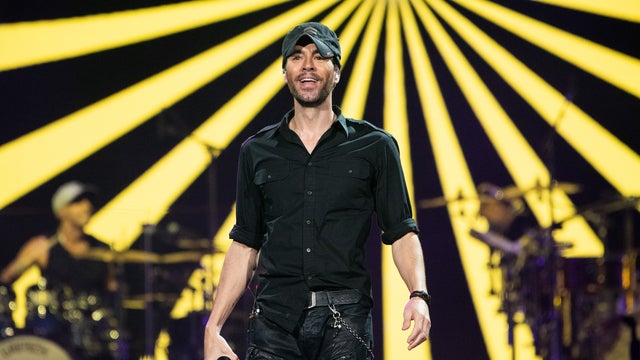Lionel Richie, Sia and Sheryl Crow also signed the open letter.
A-list musicians are asking politicians to get permission before using their songs. On Tuesday, The Artist Rights Alliance joined forces with singers and groups including Elton John, Aerosmith, Alanis Morissette, Fall Out Boy, Lionel Richie, Lorde, Panic! At the Disco, Sheryl Crow, Sia, Steven Tyler, Train, The Rolling Stones' Keith Richards and Mick Jagger and more to send an open letter urging both political parties to "establish clear policies requiring campaigns to seek consent of featured recording artists, songwriters, and copyright owners before publicly using their music in a political or campaign setting."
"This is the only way to effectively protect your candidates from legal risk, unnecessary public controversy, and the moral quagmire that comes from falsely claiming or implying an artist’s support or distorting an artists’ expression in such a high stakes public way," the letter reads.
The letter emphasizes that this is not "a partisan issue," but one that "can compromise an artist’s personal values while disappointing and alienating fans – with great moral and economic cost."
The letter next turned to the legal ramifications of using a song without permission, noting that doing so "can violate federal and (in some cases) state copyrights in both sound recordings and musical compositions."
Above all, though, using a song without permission, the letter reads, is "dishonest and immoral."
"It undermines the campaign process, confuses the voting public, and ultimately distorts elections," the letter explains. "It should be anathema to any honest candidate to play off this kind of uncertainty or falsely leave the impression of an artist’s or songwriter’s support."
The "unnecessary controversies" of using a song without permission "inevitably draw even the most reluctant or apolitical artists off the sidelines, compelling them to explain the ways they disagree with candidates wrongfully using their music."
"On social media and in the culture at large, it’s the politicians that typically end up on the wrong side of those stories," the letter continues.
The letter concludes by requesting a response with a plan on how to address the issue by Aug. 10.
RELATED CONTENT:




